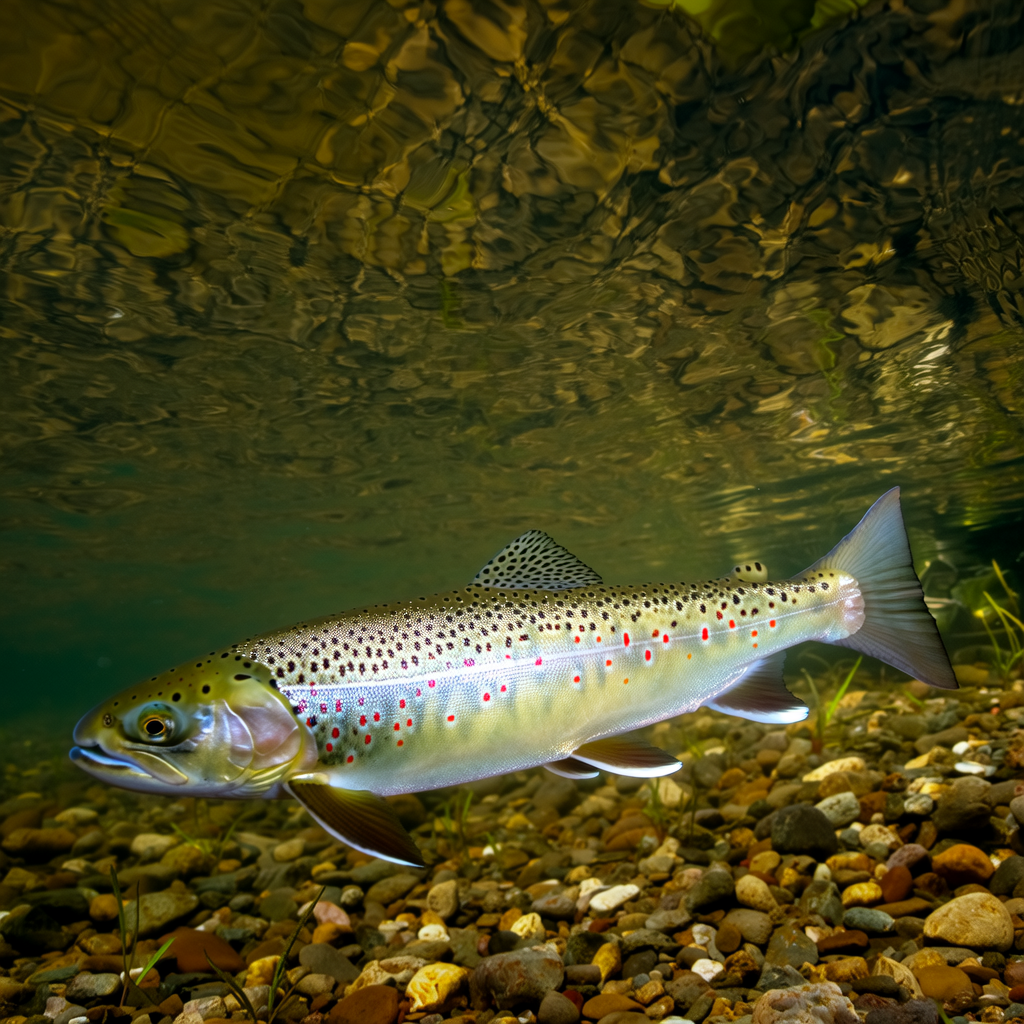A fishing license is required in Texas for anyone who wants to take advantage of the many fishing opportunities available in this diverse state. A valid fishing license is required for all residents and non-residents to enjoy the many lakes, rivers, coastal areas, and other attractions that Texas has to provide.
Why Do You Need A Fishing License?
Before we get into the details, it’s important to know why a fishing permit is required in Texas. A fishing license has many purposes, including:
- Conservation of fish populations
- Protecting aquatic habitats
- Supporting fishery management programmes
- Fair and responsible fishing practices
Texas wants to ensure a balanced and sustainable ecosystem, while also providing recreational opportunities to anglers.
Fishing License Categories
Texas offers a variety of fishing license categories. There are several options available.
Resident Fishing License
A resident fishing permit is designed for those who have established a permanent residence in Texas. You must have lived in Texas for atleast six months and a Texas residential address to be eligible for a resident license.
Non-Resident fishing license
If you don’t meet the residency requirements you will need a non-resident license. This license is available to anyone visiting Texas, and allows them the opportunity to fish within the state for a specific period. Non-resident licenses can be purchased for a day, a week or a year.
Senior Resident Fishing Licence
Texans 65 years and older can apply for a senior resident license. This type of fishing license allows seniors to fish in Texas waters for no additional fee.
Temporary Fishing Licence
If you’re visiting Texas for only a short time and don’t need a non-resident license for the full year, you can choose a temporary license. These licenses offer flexibility to anglers in Texas who are only visiting for a short time.
Other Specialized Licenses
Texas also offers specialized fishing permits, such as the Combination Hunting and Fishing License. This license allows individuals to participate in both hunting and fisheries. Commercial fishing licenses are available for those who intend to fish for commercial purposes.
Cost of Fishing Licences
There are many factors to consider when determining the cost of a fishing license in Texas. These include your residency status, the duration of the license and any endorsements or privileges that you might want to add to it.
Prices for fishing licenses range from $11 per day to $68 for a package that includes both saltwater and freshwater fishing. Non-residents may pay slightly different prices.
Where can I get a fishing license?
There are several ways to obtain a fishing permit in Texas.
Online Shopping
The Texas Parks and Wildlife Department offers the option of purchasing fishing licenses through their official website. This method is convenient and quick, as you can print your license right away after purchasing.
Retailers
You can also buy fishing licenses at authorized retailers throughout the state. You can purchase fishing licenses from sporting goods stores, bait stores, and even convenience stores. You can obtain a license by visiting one of these stores, providing the necessary information and paying the required fee.
Offices of TPWD
If you would like a more personalized approach, you can also visit one of the TPWD or law enforcement field office offices. You can speak with a representative here who can answer any questions you may have regarding fishing licenses and regulations.
Important Fishing Regulations & Guidelines
It is important to know the rules and regulations set forth by TPWD when fishing in Texas. These regulations were put in place to protect the fish populations and habitats. Among the most important regulations you should be aware of are:
- Seasons and bag limits for fishing
- Size and possession restrictions
- Certain species are subject to special restrictions and regulations
- Catch-and release guidelines
- Prohibited equipment and methods
- Fishing in protected areas or restricted areas
It is important to read the Texas Parks and Wildlife Outdoor Annual, the official publication of the TPWD, in order to ensure compliance. This publication contains detailed information on fishing regulations, licenses and specific guidelines for every fishing zone in the State.
Frequently Asked Questions
1. Do I need to have a fishing licence if I fish from the shoreline?
If you do not qualify for an exemption, you will need a fishing licence in Texas. Some public fishing areas allow for exceptions for individuals with disabilities or children. Be sure to check the regulations for the area where you plan to fish.
2. Can I fish both in freshwater and saltwater using a single license?
Yes, Texas offers a package license that includes both saltwater and freshwater fishing privileges. This comprehensive license allows anglers the opportunity to explore a variety of fishing opportunities throughout the state.
3. Is there an age restriction for obtaining a license to fish?
There are no restrictions on age for obtaining a Texas fishing license. Individuals aged 17 and over are required to buy a license unless they are exempted from specific regulations such as the Senior Resident Fishing License, which is for individuals aged 65 or older.
4. Can I use my Texas fishing licence in other states?
A fishing license issued by Texas is only valid in the state. If you intend to fish in another state, you must obtain the necessary licenses or adhere to the regulations of the state or jurisdiction you plan to fish.
5. What happens if you fish without a fishing license?
Texas considers fishing without a license a violation of the state law. If you are caught fishing without a permit, you could face fines, penalties or other legal consequences. To ensure compliance with regulations and avoid potential issues, it is always recommended that you have a valid license.




